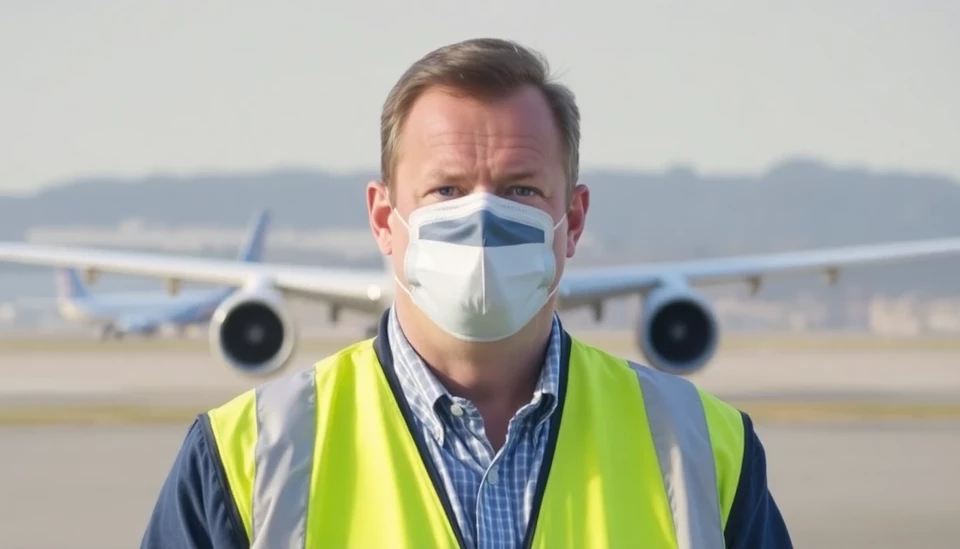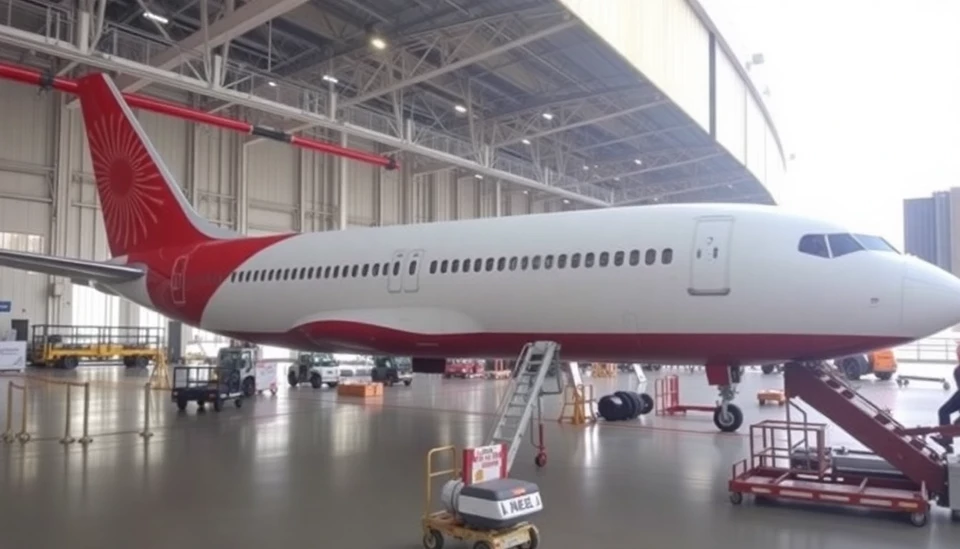
Boeing, the aerospace giant, has announced plans to reduce its workforce by an alarming 10% in response to ongoing strikes that have severely affected its operational capabilities and financial reserves. This decision has far-reaching implications for the company and its employees, marking a significant shift following recent labor disputes.
The strikes, which have persisted over the past few weeks, stem from unresolved contract negotiations between Boeing and its unionized workers. These union members are demanding better wages, improved working conditions, and assurances regarding job security in a rapidly evolving aerospace market. As these negotiations stall, Boeing's ability to maintain a stable workforce and keep up with production demands has been compromised.
In an official statement, Boeing's leadership emphasized that the decision to cut jobs was not taken lightly. They cited the prolonged strikes and the resulting impact on the company's financial health as the primary reasons behind this drastic measure. With production lines halted and orders piling up, the economic strain on Boeing has intensified, leading to calls for more drastic measures to manage operational costs.
This announcement comes at a particularly challenging time for the aviation industry, which is already grappling with the aftermath of the COVID-19 pandemic. It has been a struggle for airline manufacturers to rebound from significantly reduced air travel, and now, the disruptions from strikes add another layer of complexity.
Analysts predict that this workforce reduction could result in additional challenges for Boeing in the long run. Losing experienced employees in critical roles may hinder the company's ability to ramp up production once the strike concludes. Furthermore, the negative repercussions could extend to suppliers and partners within the industry who rely on Boeing for their business.
In light of this situation, labor leaders have expressed their discontent over the decision to downsize the workforce, calling it a misguided approach to resolving the underlying issues associated with worker dissatisfaction. They argue that instead of cutting jobs, Boeing should re-engage with its workforce to address their concerns and come to a mutual agreement that would benefit both parties.
As the situation develops, stakeholders are closely monitoring how Boeing will navigate this tumultuous period. The potential fallout from job cuts, ongoing labor disputes, and the broader impact on the industry as a whole is a critical concern for those invested in the future of aerospace manufacturing.
#Boeing #WorkforceReduction #JobCuts #AerospaceIndustry #LaborRelations #Strikes #JobSecurity #COVID19Recovery
Author: Samuel Brooks




